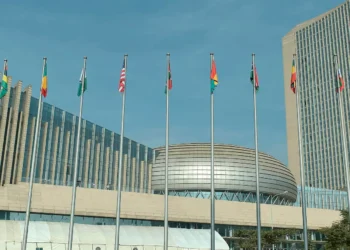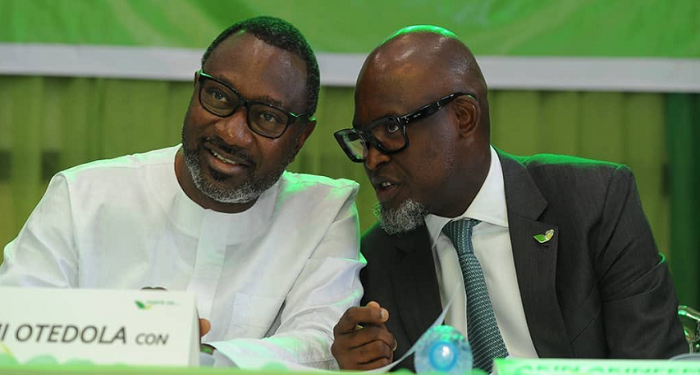The federal government (FG) has stated that corruption continues to be a serious impediment to Nigeria’s economic development.
Consequently, Nigeria would encounter substantial difficulties in funding the Sustainable Development Goals (SDGs) and important areas of the economy, such as infrastructure and healthcare.
This was disclosed in Nigeria’s Integrated National Financing Framework (INFF) report.
According to the report, governmental institutions in Nigeria have the inadequate capacity, which affects public service delivery in the country.
What the report is saying?
The report said, “Despite government efforts at strengthening, monitoring, and evaluation and an increased focus on transparency through Nigeria’s participation in the Open Government Partnership, poor monitoring, transparency, and accountability mechanisms remain a problem in Nigeria, which has negative implications for public finance, the business environment, and citizens.”
The federal government stated that corruption would challenge the development efforts of Nigeria if it wasn’t addressed swiftly. The report said, “Due to loss of public funds to corruption, monies that are meant to go towards public expenditure are either misappropriated or not spent transparently. If monitoring, transparency, and accountability issues are not addressed promptly, Nigeria will face significant challenges in funding the SDGs and key sectors of the economy, such as in health care and infrastructure.”
According to the AU Abuja Declaration on health, at least 15% of Nigeria’s annual budget is expected to go toward the health sector, but this goal hasn’t been met due to a lack of funding, which is partially the result of corruption. The health of the populace is significantly impacted by this, especially the health of women and children.
The report also stated that public institutions in Nigeria have limited capacity and this affects public service delivery in the country. “Revenue generating agencies, particularly the Federal Inland Revenue Service and the State Revenue Authorities, and the Nigerian Customs Service continue to struggle with capacity challenges, both at the institutional level and human capacity level. They are faced with a changing business environment that requires continuous investment in their capacity to maintain the required expertise to efficiently carry out their duties.“
























